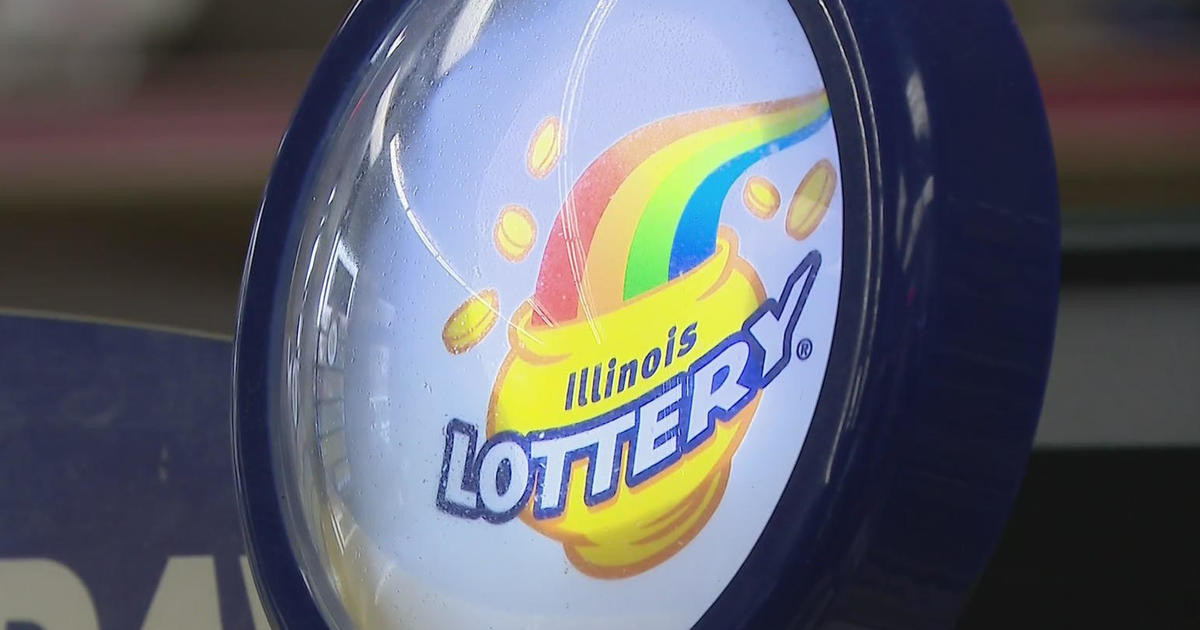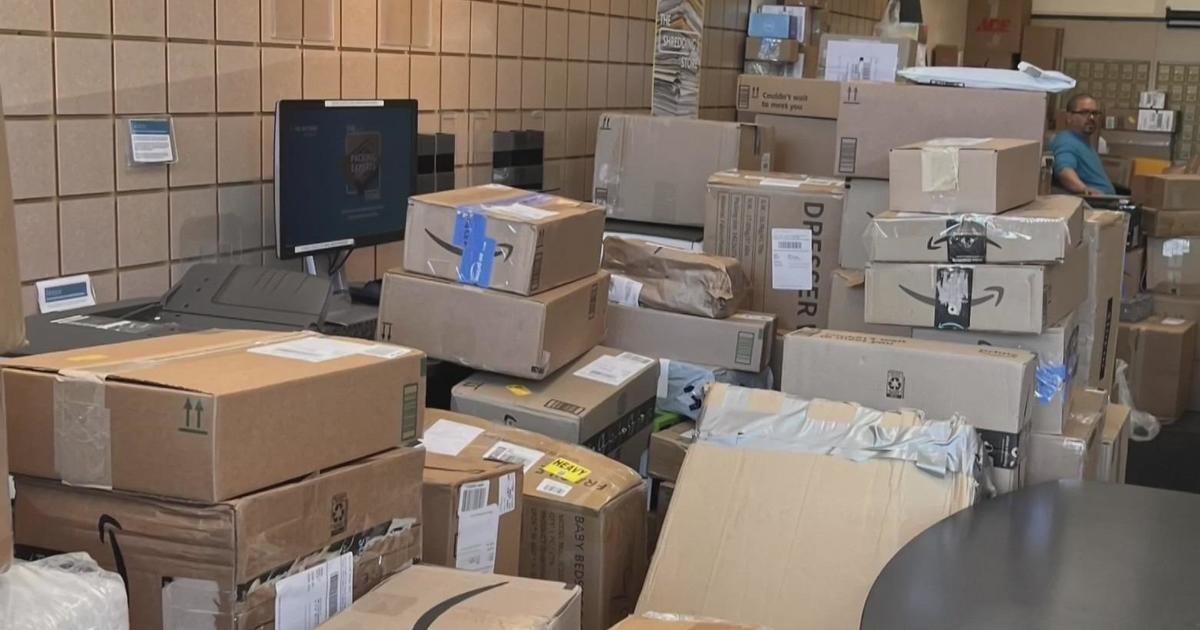Should Sperm Donors In Illinois Be Allowed To Stay Anonymous?
Chicago (CBS) -- It's a controversial question -- should sperm donors in Illinois be allowed to stay anonymous?
One lawmaker says no. And a bill that would require donors to register their names is making its way through the Illinois House.
The sperm bank used by Nick Isel's mother produced approximately 230 children before shuttering its doors in the 1990s.
"Over 30 of those are my brothers and sisters," Isel said.
Isel was 15 when he learned that his dad wasn't his biological father.
As soon as he found out, the questions started building.
"My family medical history, my biological identity, what ethnicity everything -- just half of my family tree was straight question marks," Isel said.
But the records Isel was after had been destroyed, so Isel started searching for answers.
He found that actually finding those answers depends on where you live. Several European countries, Australia and New Zealand had done away with donor anonymity altogether, and most of the resulting children have access to that information at 18.
So he asked his state representative Keith Wheeler, why not here?
Wheeler filed House Bill 2140 in February. It would require Illinois sperm banks to keep records of the name and contact information of each sperm donor for 50 years.
In an industry where nameless has long been a guarantee, embryologists like Rachel Watterson, who works with these donor specimens, worries that the change would impact the number of people willing to donate.
"I think there are pros and cons to it," Watterson said.
A 2016 study found that sperm donors who were asked to give their names said they wanted to be paid more.
But Isel argues that commercially available genetic testing has already begun the work of identifying these nameless donors.
Watterson agrees.
"Both the donor and the parents chose that. That child did not, so I think they're a little more at risk of having questions and confusion in general and I think that they should be given that right to be able to determine their upbringing," she said.
There are some sperm banks that already keep these identifying records indefinitely, but that is not a requirement.
Isel has also taken the issue up with the FDA to make this a national requirement.
His initial petition was denied, but he is currently in the process of appeals.



